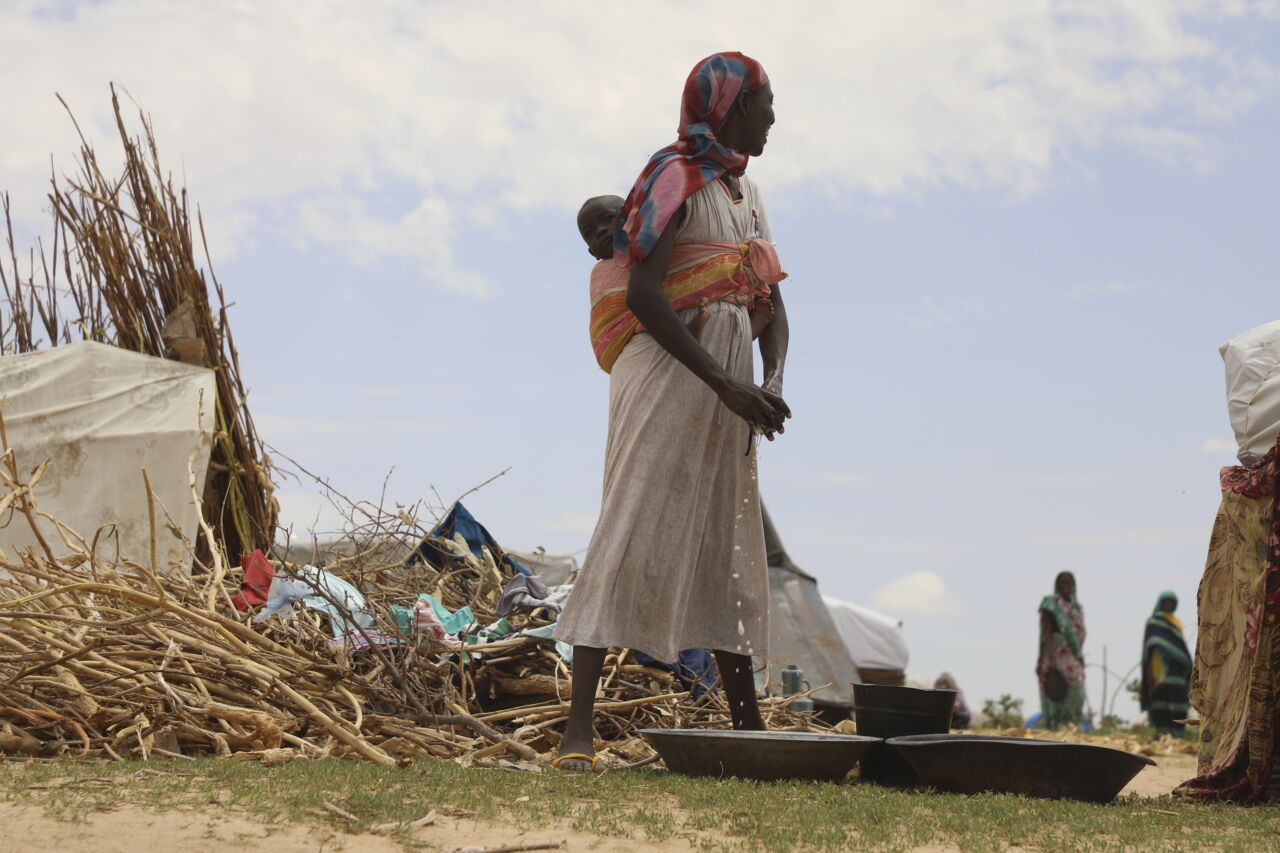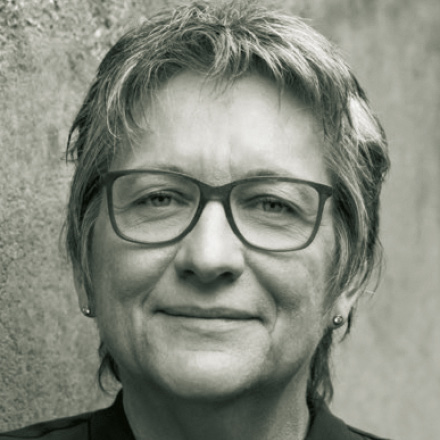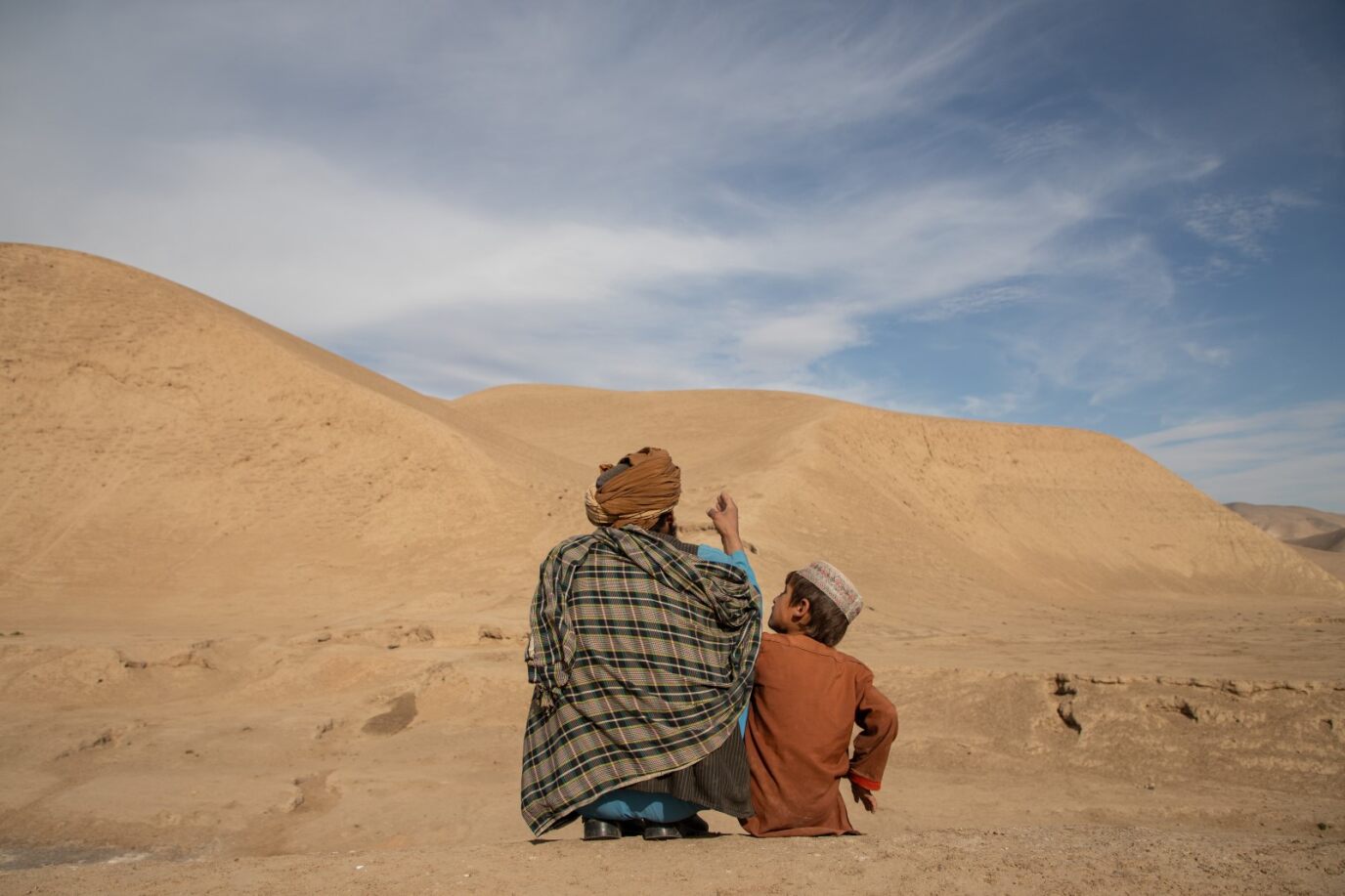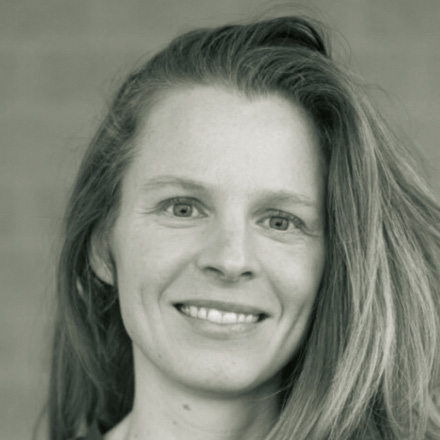Faith-based organisations
Building trust
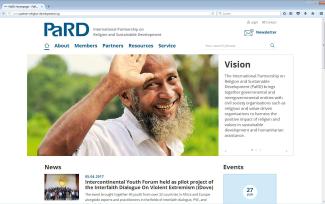
Nitschke is well qualified for the job. He is a Catholic theologian and the GIZ officer who runs a special programme on development and religion on behalf of Germany’s Federal Ministry for Economic Cooperation and Development (BMZ). The PaRD secretariat is hosted by GIZ in Bonn.
As Nitschke points out, PaRD is not a funding mechanism. Nor is its mission to promote religion. Nitschke makes it very clear that official development assistance (ODA) must not support missionaries, but always drive a developmental agenda. PaRD is meant to build trust, share experience and facilitate the achievement of the Sustainable Development Goals. PaRD principles include tolerance, reciprocity, human rights and inclusiveness. To cooperate with PaRD, an organisation must accept these principles.
PaRD discusses and tests approaches to how donor agencies and faith-based organisations can take joint action. It is tackling topics such as education, peace and gender equity, for example. Nitschke says that several donor governments have been discussing the relevance of faith-based organisations for some time, but such debate did not mark programmes and projects in a tangible way so far. Therefore, the BMZ’s attempts to tackle the matter systematically resonated with other donor institutions, and the result was the establishment of PaRD. It is funded by the members, and they set the agenda, Nitschke says.
An important task, in Nitschke’s eyes, is to boost the “religious literacy” of western development professionals. Knowledge of Islam is particularly relevant. According to Nitschke’s data, 75 % of the people living in the ten most important countries where Germany is involved in development cooperation are Muslims. Moreover the world’s Muslim population is set to grow fast, as one third of it is still younger than 15 years.
Link
International Partnership on Religion and Sustainable Development (PaRD):
http://www.partner-religion-development.org/

